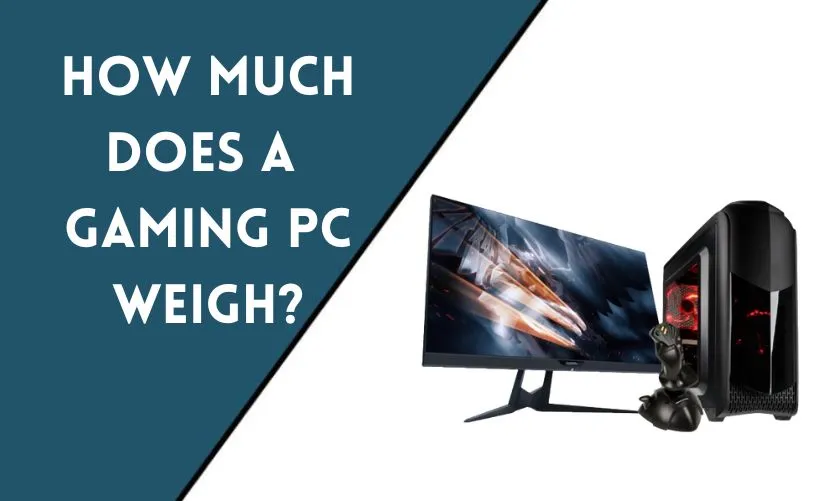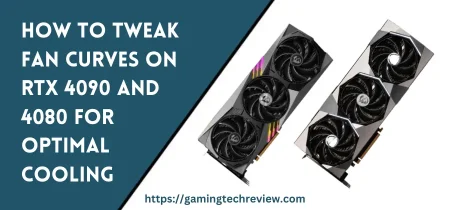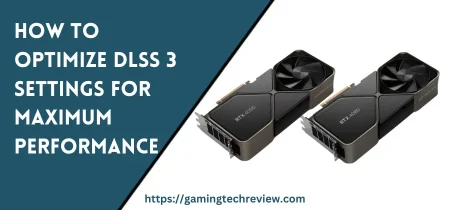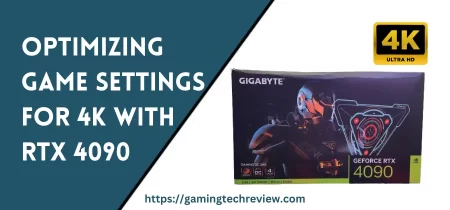
If you plan to buy a gaming PC or move it from one place to another, you might wonder how much it weighs. The weight of a gaming PC can vary depending on several factors, such as the components used, the size of the case, and the type of cooling system. In this article, we will explore all the factors that affect the weight of a gaming PC and provide you with a comprehensive guide on how much a gaming PC weighs.
Introduction
Gaming PCs are becoming increasingly popular, and with the advancement of technology, they are becoming more powerful and feature-packed than ever before. However, with all the powerful components and advanced features, gaming PCs can be heavy and bulky. The weight of a gaming PC can be a crucial factor for some people, especially if they need to move their PC frequently.
The Factors That Affect Gaming PC Weigh
Several factors affect the weight of a gaming PC, and here we will discuss some of the most important ones:
The Components Used
The weight of a gaming PC depends largely on the components used. High-end components, such as powerful graphics cards, processors, and motherboards, can be heavier than their low-end counterparts. Moreover, some components come with their own cooling systems, which can add to the weight of the PC.
The Size of the Case
The size of the case is another crucial factor that affects the weight of a gaming PC. Larger cases with more space for components tend to be heavier than smaller ones. Moreover, cases made of sturdy materials, such as steel or aluminum, can be heavier than those made of plastic.
The Type of Cooling System
Gaming PCs produce a lot of heat, and an effective cooling system is essential to keep the components cool. However, cooling systems can add to the weight of the PC. Liquid cooling systems, for example, are heavier than air cooling systems, as they require additional components such as radiators, pumps, and coolant.
The Power Supply Unit (PSU)
The power supply unit (PSU) is responsible for providing power to all the components in a gaming PC. PSUs come in various sizes and wattages, and their weight can vary accordingly. Moreover, high-end PSUs tend to be heavier than low-end ones.
The Storage Devices
Storage devices, including the hard disk drives (HDDs) and solid-state drives (SSDs), are essential components of a gaming PC. However, their weight is minimal and usually does not affect the overall weight of the PC significantly.
How to Calculate the Weight of a Gaming PC
Calculating the weight of a gaming PC is not an exact science, as it depends on several factors. However, you can estimate the weight of a gaming PC by adding up the weights of all the components and the case. You can find the weight of each component in its specifications, and the weight of the case is usually listed on the manufacturer’s website.
Average Weight of a Gaming PC
The typical weight of a gaming PC is around 30-40 pounds, although it can vary significantly depending on the factors discussed above. Smaller, more compact gaming PCs can weigh as little as 10-15 pounds, while larger, high-end gaming PCs can weigh up to 50-60 pounds or even more.
Conclusion
The weight of a gaming PC is influenced by various factors, including the components used, the size of the case, and the type of cooling system. A high-end gaming PC with powerful components and a large case can be significantly heavier than a budget gaming PC with a smaller case and less powerful components. However, regardless of the weight, a gaming PC can provide a fantastic gaming experience that is unrivaled by other gaming platforms.
Frequently Asked Questions
Does the weight of a gaming PC affect its performance?
No, the weight of a gaming PC does not affect its performance. However, heavier gaming PCs can be more challenging to move and transport.
Can I reduce the weight of my gaming PC?
You can reduce the weight of your gaming PC by using lighter components, such as a smaller case or low-end graphics card. However, this may impact the performance of your gaming PC.
How do I transport my gaming PC safely?
You can transport your gaming PC safely by removing any loose components and packaging them separately. You can also use a sturdy and padded case to protect your gaming PC during transportation.
Can I upgrade my gaming PC without adding more weight?
Yes, you can upgrade your gaming PC without adding more weight by replacing heavier components with lighter ones, such as upgrading to a smaller case or a more power-efficient power supply unit.
Is it worth considering the weight of a gaming PC when buying one?
Yes, it is worth considering the weight of a gaming PC when buying one, especially if you plan to move it frequently. A lighter gaming PC can be more portable and easier to transport, while a heavier gaming PC may be more challenging to move.










